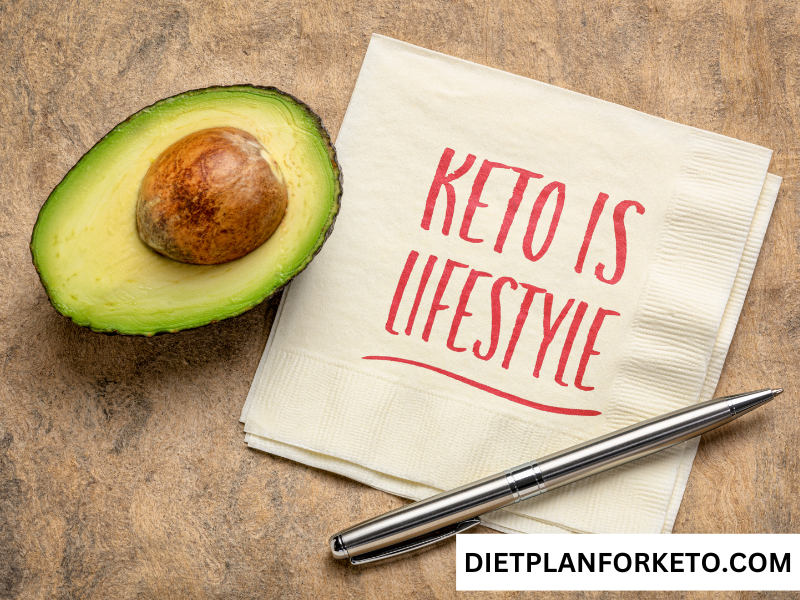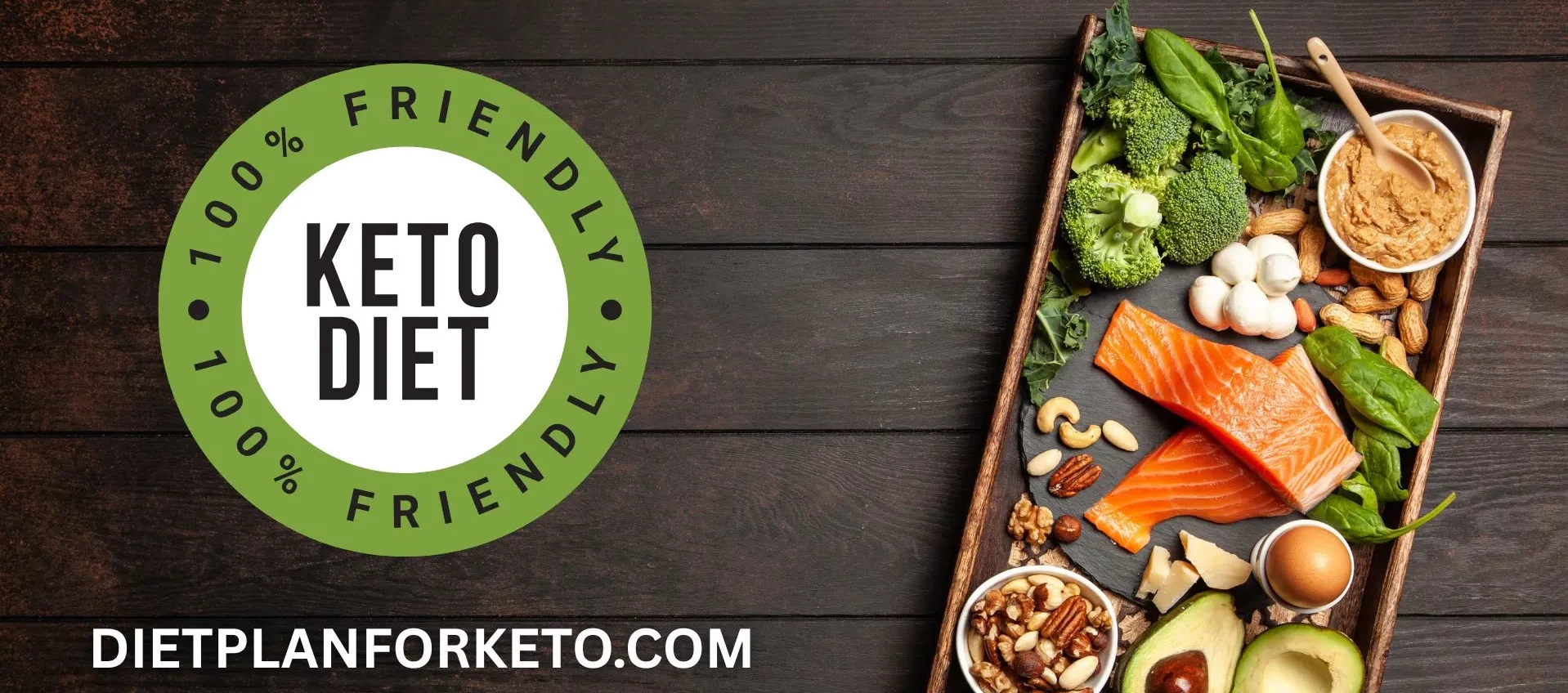Adopting a keto lifestyle as a student can feel overwhelming, especially when living on a budget. However, with strategic planning and a little creativity, you can stick to keto without breaking the bank.
This guide will walk you through practical ways to maintain a ketogenic diet while managing student expenses.
Table of Contents:
- Understanding the Keto Diet on a Budget
- Essential Keto Foods That Won’t Break the Bank
- How to Meal Prep Keto on a Budget
- Best Places to Shop for Affordable Keto Foods
- Keto-Friendly Snacks for Students
- Simple & Affordable Keto Meal Recipes
- How to Save Money on Keto Groceries
- Dining Out on Keto Without Overspending
- Common Budget Mistakes to Avoid on Keto
- Pros and Cons of Doing Keto as a Student
- Conclusion and Final Tips
- Disclaimer
1. Understanding the Keto Diet on a Budget
The ketogenic diet focuses on high-fat, moderate-protein, and low-carb foods. The good news? You don’t need expensive supplements or fancy ingredients to succeed. A basic keto diet includes whole foods such as eggs, chicken, ground beef, cheese, butter, and vegetables—all of which can be found at budget-friendly prices if you shop wisely.
2. Essential Keto Foods That Won’t Break the Bank
Here are some must-have keto staples that are both affordable and nutritious:
- Eggs – A great source of protein and healthy fats.
- Chicken thighs – Cheaper than chicken breasts but just as versatile.
- Ground beef – Budget-friendly and perfect for multiple meals.
- Canned tuna and sardines – High in protein and Omega-3s.
- Butter and olive oil – Essential for cooking and adding healthy fats.
- Frozen vegetables – Cheaper and last longer than fresh produce.
- Cheese – A great source of fat and protein.
- Peanut butter (unsweetened) – A cost-effective fat source.
3. How to Meal Prep Keto on a Budget
Meal prepping saves time and money. Here’s how to do it:
- Plan your meals for the week based on what’s on sale.
- Buy in bulk – Large packs of meat and cheese cost less per serving.
- Use leftovers creatively – Turn dinner into lunch for the next day.
- Cook in batches – Make meals in bulk and freeze portions.
4. Best Places to Shop for Affordable Keto Foods
- Aldi – Low prices on dairy, meat, and eggs.
- Walmart – Great for buying bulk keto essentials.
- Local butchers – Often cheaper than supermarkets.
- Farmers’ markets – Fresh produce at better prices.
- Dollar stores – Surprisingly good for snacks and canned goods.

5. Keto-Friendly Snacks for Students
- Boiled eggs
- String cheese
- Pork rinds
- Avocado with salt
- Canned tuna
- Celery with peanut butter
6. Simple & Affordable Keto Meal Recipes
Budget Keto Omelet
Ingredients:
- 3 eggs
- 1/4 cup shredded cheese
- 1 tbsp butter
- Salt and pepper Instructions:
- Heat butter in a pan.
- Whisk eggs and pour into the pan.
- Sprinkle cheese on top.
- Cook until set and serve. (Carbs per serving: 2g)
7. How to Save Money on Keto Groceries
- Stick to a shopping list
- Avoid pre-packaged keto products
- Compare prices per ounce
- Take advantage of student discounts
8. Dining Out on Keto Without Overspending
- Opt for bunless burgers
- Choose salads with fatty dressings
- Bring your own keto-friendly snacks
9. Common Budget Mistakes to Avoid on Keto
- Buying unnecessary supplements
- Over-relying on prepackaged keto snacks
- Not planning meals ahead
10. Pros and Cons of Doing Keto as a Student
Pros:
- Improves focus and energy
- Saves money with home cooking
- Keeps cravings under control
Cons:
- Can be challenging in social settings
- Initial adjustment period
- Limited affordable keto options on campus
11. Conclusion and Final Tips
Keto on a student budget is absolutely possible with a little planning. By prioritizing whole foods, meal prepping, and shopping wisely, you can maintain a healthy and sustainable ketogenic diet without financial strain.
12. Disclaimer
This guide is for general information only and should not be considered medical advice. Consult a doctor before making significant dietary changes.
